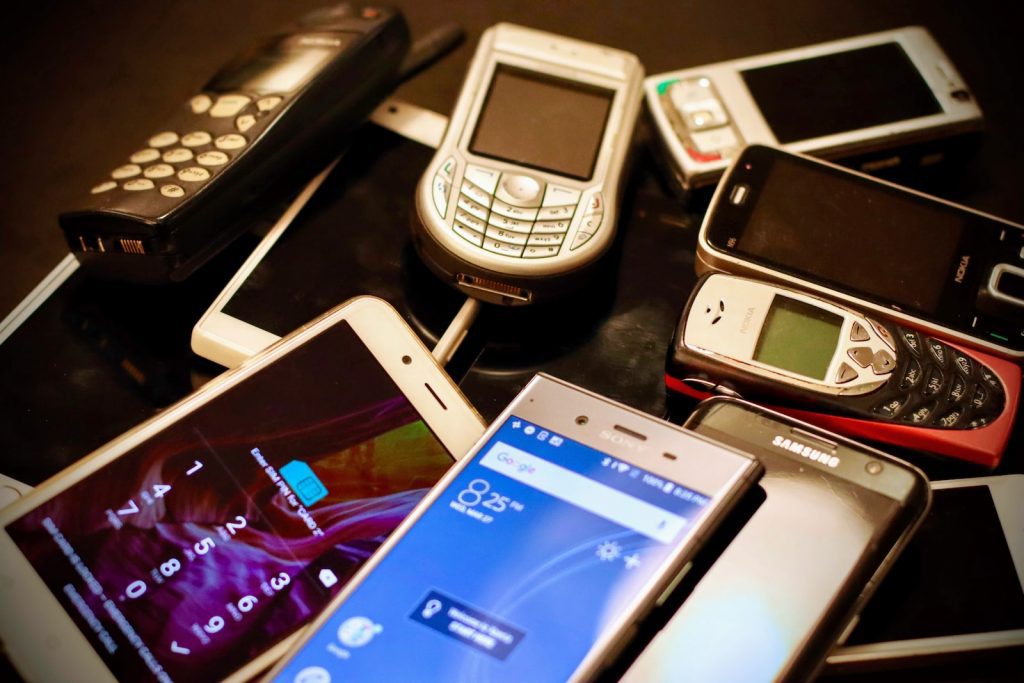What Exactly is Happening Here?
Nokia currently holds the rights to Standard-Essential Patents in the German market for UI/UX designs.
In November 2018, it was reported that a multi-year patent licensing agreement had been signed between Oppo and Nokia. There was no disclosure about the agreement and its details but one can presume that Oppo was going to be dependent on the largest licensing holders in the mobile world in terms of patents for connectivity. The President of Nokia Technologies, Maria Varsellona stated that “Oppo is one of the leaders in the smartphone industry, and [Nokia] is pleased to welcome them as a licensee. This agreement further validates [Nokia’s] global licensing program. With this deal, Oppo joins Samsung, Xiaomi, and Huawei in using Nokia’s intellectual property in the next five years”.

After Nokia and Oppo signed this multi-year patent agreement, the relationship started to fall apart in 2021. Both Oppo and subsidiary OnePlus could not negotiate the terms of the license, as they claimed that Nokia’s was asking an “unreasonably high fee” for the two patents. The two SEPs at the centre of the current lawsuit are EP19173705 and EP07826610, and the issue eventually came to Court.
In early July 2022, Germany’s Munich Court ordered companies Oppo and it’s subsidiary OnePlus to stop selling their electronic devices such as smartwatches and smartphones in the German market. The order was given in favour of Finnish telecom giant Nokia, which sued both companies over unlicensed use of their Standard Essential Patents.
What Happened in the Resulting Court Case?
In its submissions, Nokia stated that companies OnePlus and its subsidiary Oppo were manufacturing smartphones using their patented technology for processing 4G and 5G signals without a license. Nokia also stated that until the dispute is resolved the sale of such electronic devices should be terminated, as these companies haven’t paid for the patent and are threrefore infringing them. Retailers and third parties, in the meantime, will be allowed to sell their current stocks till they run out.
The German Court’s judgement was in favour of Nokia, essentially stating that to sell electronic devices lawfully, the companies have to pay Nokia for the use of its patented technology. It also suggested that companies shouldn’t be using the patented 4G and 5G technologies in their future devices if they can’t pay Nokia for its fair share. This judgment may not apply to Germany alone. Using Germany as an example, this could influence the status in various other European countries regarding the same issues. Consequently, OnePlus and Oppo could face serious complications.
Although these companies have a comparatively low sales hare in the German market, this would possibly affect the global market such as Asia, India, Africa, etc. where these companies manufacture phones at low prices.
What Are the Effects of This Judgement?
Naturally, the first question which arises from this situation is; Can’t OnePlus and Oppo just pay the licensing fees, saving themselves a lot of trouble?
As per the statement given in Winfuture, the fee for licensing as it stands would effectively cost € 2.50 for each smartphone. As this fee is already very costly this could highly affect the margins OnePlus and Oppo receive from the selling of smartphones. As per German law, all the brands related to BBK Electronics including OnePlus and Oppo need to get an agreement for patent licensing at the world level. This means costs of € 2.50 Euros per smartphone from Vivo, OnePlus, iQOO, Oppo, Realme, and other BBK brands that will be sold globally.
Till the stock remains smartphones from OnePlus and Oppo will be made available via retailers or the third parties in Germany.
Conclusion
As the conflict is ongoing between Nokia and BBK Electronics over the4G and 5G patented technology, BBK Electronics could face a huge downfall in the European markets especially in Germany as they don’t have a license for using the patented technologies acquired by Nokia. In order to remain in the European market, BBK Electronics might have to agree to Nokia’s terms, especially with the possibility of the decision affecting sales in other jurisdictions.
Author: Ishant Singh, Legal Intern at PA Legal.
In case of any queries, kindly contact us here.
Thank you for reading our blog! We’d love to hear from you! 🙂
- Are you Interested in IP facts?
- Would you like to know more about how IP affects everyday lives?
- Have any questions or topics you’d like us to cover?